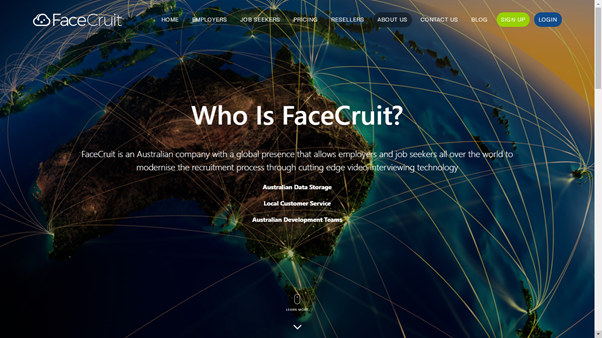Recruiting Trends in 2023
The recruitment landscape is constantly evolving. As we move further into 2023, several trends are shaping the way organizations attract and hire talent. Here are some key recruiting trends to watch for in 2023:
- Digital Transformation: The acceleration of digital transformation continues to impact the recruiting process. Companies are increasingly leveraging technology to streamline and automate various aspects of recruitment, such as applicant tracking systems, AI-powered resume screening, and video interviews. This trend is driven by the need for efficiency, cost-effectiveness, and improved candidate experience.
- Remote and Hybrid Work: The COVID-19 pandemic has permanently altered the way we work. Remote and hybrid work arrangements have become more prevalent, and organizations are adapting their recruiting strategies accordingly. Hiring remote talent offers access to a larger talent pool and allows for more flexibility. Employers are now focusing on assessing candidates’ ability to thrive in remote or hybrid work environments.
- Candidate Experience: Providing a positive candidate experience has become a critical aspect of recruitment. Companies are investing in technologies and processes that enhance communication, transparency, and engagement with candidates. This includes personalized and timely communication, quick feedback, and efficient onboarding processes. A positive candidate experience not only attracts top talent but also strengthens the employer brand.
- Diversity, Equity, and Inclusion (DEI): DEI initiatives have gained significant traction in recent years, and they will continue to be a top priority for organizations in 2023. Employers are actively working towards building diverse and inclusive workforces, and this focus extends to the recruitment process. Companies are implementing blind resume screening, using diverse interview panels, and incorporating inclusive language in job descriptions to attract a diverse pool of candidates.
- Employer Branding: Building a strong employer brand is crucial for attracting and retaining top talent. In 2023, organizations will invest in employer branding strategies to differentiate themselves from competitors. This includes showcasing company culture, employee testimonials, and highlighting social responsibility initiatives. Social media platforms and online employer review sites will continue to play a vital role in shaping employer brand perceptions.
- Skills-based Hiring: Traditional qualifications are no longer the sole focus in recruitment. Employers are shifting towards skills-based hiring, prioritizing candidates’ abilities and potential over specific degrees or credentials. This trend is fueled by the rapid pace of technological advancements, where skills need to be continuously updated. Skill assessments, competency-based interviews, and alternative credentials like certifications and boot camps are gaining importance in the recruitment process.
- Data-Driven Recruiting: With the abundance of data available, companies are leveraging analytics and data-driven insights to make informed hiring decisions. Recruiting metrics and analytics help identify bottlenecks in the process, assess the effectiveness of sourcing channels, and predict candidate success. HR professionals are using data to enhance recruitment strategies, improve candidate engagement, and measure the impact of their initiatives.
In summary, recruiting trends in 2023 are centered around technology adoption, remote work, candidate experience, diversity and inclusion, employer branding, skills-based hiring, and data-driven decision-making. Embracing these trends will enable organizations to stay competitive, attract top talent, and build strong and inclusive workforces.
